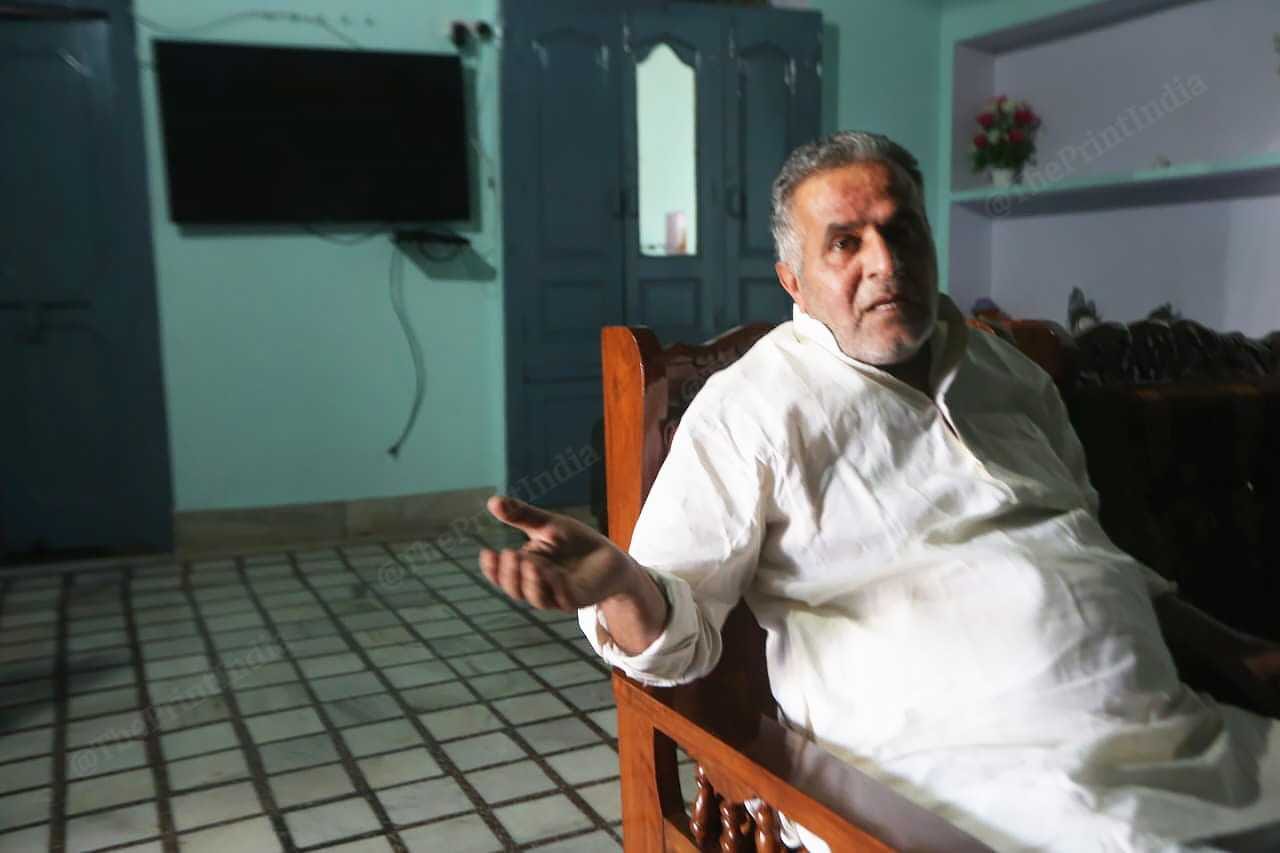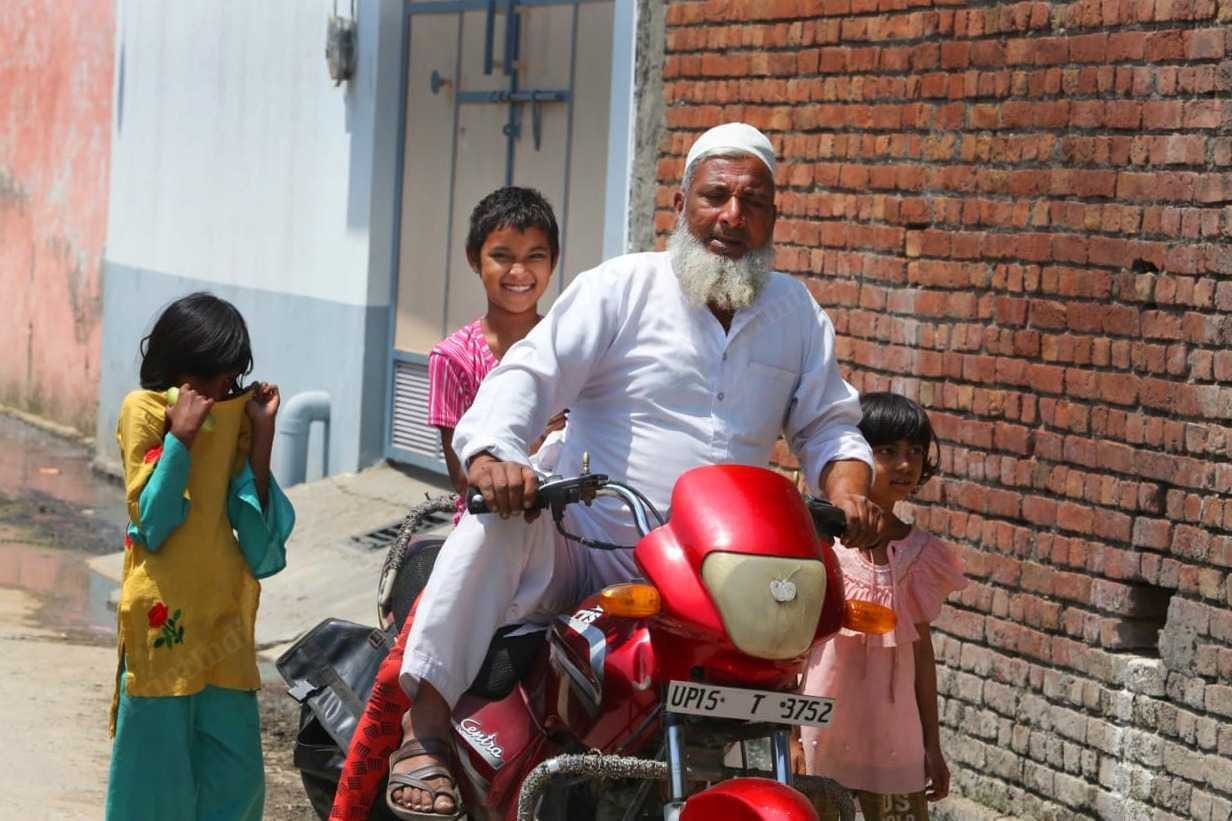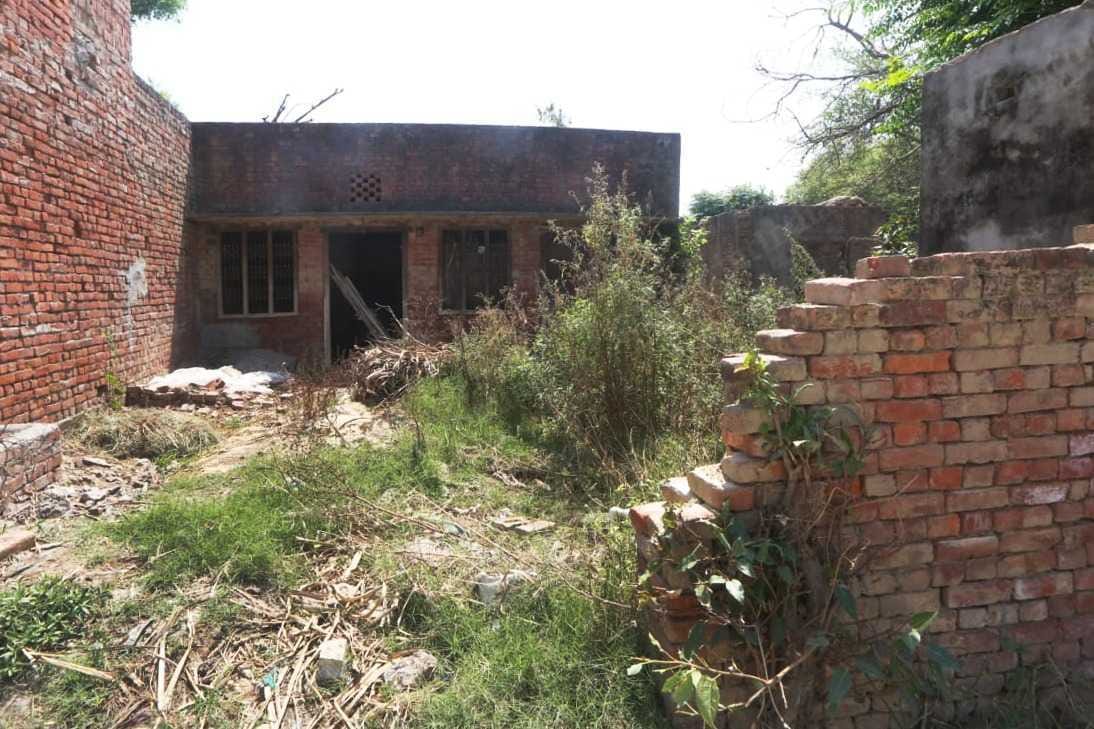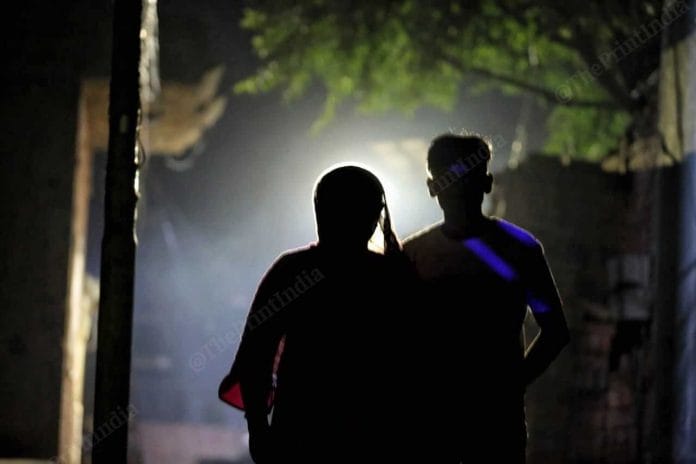Shamli: Nasreen remembers the tractor ride in the dead of the night, two days after the riots broke out in her village on 7 September 2013. She was 10 years old, and everyone — from her parents to her neighbours — were fleeing the only home they had known: Mohammadpur Madan village in Uttar Pradesh’s Muzaffarnagar district.
Ten years later, life for people like Nasreen is divided between ‘before riots’ and ‘after riots’.
On 9 May, a trial court in Muzaffarnagar convicted two men for gangraping a woman, Asmat (name changed), in Shamli district’s Lank village during the 2013 communal riots that swept western UP. However, even after the judgment, those who were displaced in Nasreen’s neighbourhood just want to move on.
“What do we even say? Many of us didn’t file any case or pursue legal action. We don’t want to ever go back. Everybody we know has left. It’s just an empty house,” said Iqbal, whose family relocated to Bagowali village in Muzaffarnagar after the riots.
In Muzaffarnagar’s Fugana police station, 1,500 riots-related FIRs were filed. Asmat’s gangrape FIR was registered in 2014. Out of these, around 700 were expunged after the police determined them to be “false” and around 700 ended with the accused being acquitted. Today, only a handful of the riot cases are being actively pursued by the victim families.
While many victims are keeping a distance with what happened in August-September 2013, several Hindus in the riot-affected villages of Muzaffarnagar and Shamli districts deny that rapes even happened.
“I don’t think any incident of rape happened here,” Sudhir Malik, who was the pradhan of Lank village when the riots broke out, told ThePrint.

The tractor ride
Nasreen’s memories of escape are vague but the fear of the night is alive.
“It was really dark. I remember I was scared of being separated from my family and getting lost,” she says, recalling the midnight tractor ride from 10 years ago.
She and her family had been rescued by their village pradhan, one Dharmendra. Nasreen and her family remember his kindness. Dharmendra had given shelter to several Muslim families at his house for two days.
“But there was a lot of panic. We came out with a lot of difficulty,” recalls Nasreen, who couldn’t go to school for a year.
Her father Raees remembers spending about six months “as vagabonds” in Muzaffarnagar’s Kairana village, before ending up in a basti in Bagowali. Simply called ‘new basti’, it has around 10-15 families who had migrated here after the 2013 riots.

For these families, help came from the local madrasa, which collected funds from villagers to set up houses for the displaced families.
“Whether it’s a village or a city, it has both sorts of people. There’s good and bad,” says Iqbal.
‘They kept quiet’
On 8 September 2013, Asmat, carrying her three-month-old child in her arms, got separated from her family as they were fleeing Lank village after hearing about the riots. The court judgment notes that she hid in a nearby sugarcane field but the cries of her toddler gave away her location to three men — Kuldeep, Maheshveer, and Sikandar — on the prowl. The three then took turns to rape her, holding a knife to her son’s throat.
But Asmat also remembers the help from her Jat neighbours—which she told the court as well. A day before she was gangraped, Sanjeev, Deshpal, and Sobran had spent the night in their lane to ensure the Muslim families were not harmed by the mob as riots went on in other parts of Muzaffarnagar and Shamli.
In its 9 May judgment, the trial court took note of this submission made by Asmat. It pointed out that the victim and her husband had also spoken about members of the majority community who guarded their house through the night to save people from the Muslim community. It, therefore, rejected the contention that the accused men were being framed in a case just because they belonged to the majority community.
Asmat now says that the men who kept watch that night could have saved them the next morning too if they wanted to. “Those people (the rioters) were from their community. They could have told them that this is wrong, but they kept quiet.”

‘Ask the villagers’
In court, Maheshveer denied the allegations and claimed that he was impotent, making him physically incapable of sexual intercourse with any woman. He also stated that this was the reason he never got married and had tried to get treatment. However, the court rejected this claim since he had not presented any medical evidence to support it.
Kuldeep claimed that he was disabled and therefore could not have raped the victim. However, the court clarified that it was considering the submission of Kuldeep, who died during the course of the trial, only to test the credibility of the victim’s evidence. The court then noted that there was “no evidence” on record to prove that Kuldeep’s physical condition was such that it could cast doubt on the victims’ testimony.
Sikandar, the third accused, also denied the allegations, asserting that he was falsely accused due to the state government’s announcement of a Rs 5 lakh compensation for women who were raped during the Muzaffarnagar riots.
Sikandar’s sister Seema Malik maintains that her brother is innocent. “Ask the people in the village whether a rape happened or not.” The family still lives in Lank. She echoes her brother’s defense that the accusations were made for financial gain. The family, which still lives in Lank, also faced accusations in a murder case involving Sikandar’s younger brother, which they claim to have “settled” by allegedly paying the victim’s family around Rs 50 lakh.
Her denial also draws attention to the lingering memories of other riots in India, notably the 2002 Gujarat riots. She raises questions about the perceived “swiftness” with which her brother’s case was resolved. “What happened to the Gujarat riot cases? Why was only Sikandar’s case handled with such speed?”
Meanwhile, according to Malik, around 90 per cent of the houses in Lank belonging to displaced Muslim families have been sold. However, in several riot-affected villages, including Lank, there remain clusters of dilapidated houses left in the aftermath. Once homes that coexisted with houses owned by Jats, they now stand as bare brick structures, some serving as storage for cow dung and hay.
But these Muslims families are determined never to return.
“We should live in a society where we are respected—which village or city it is doesn’t matter,” says Iqbal, amid an echo of nods and approvals from 13 other Muslims displaced after the riots.
(Edited by Prashant)






